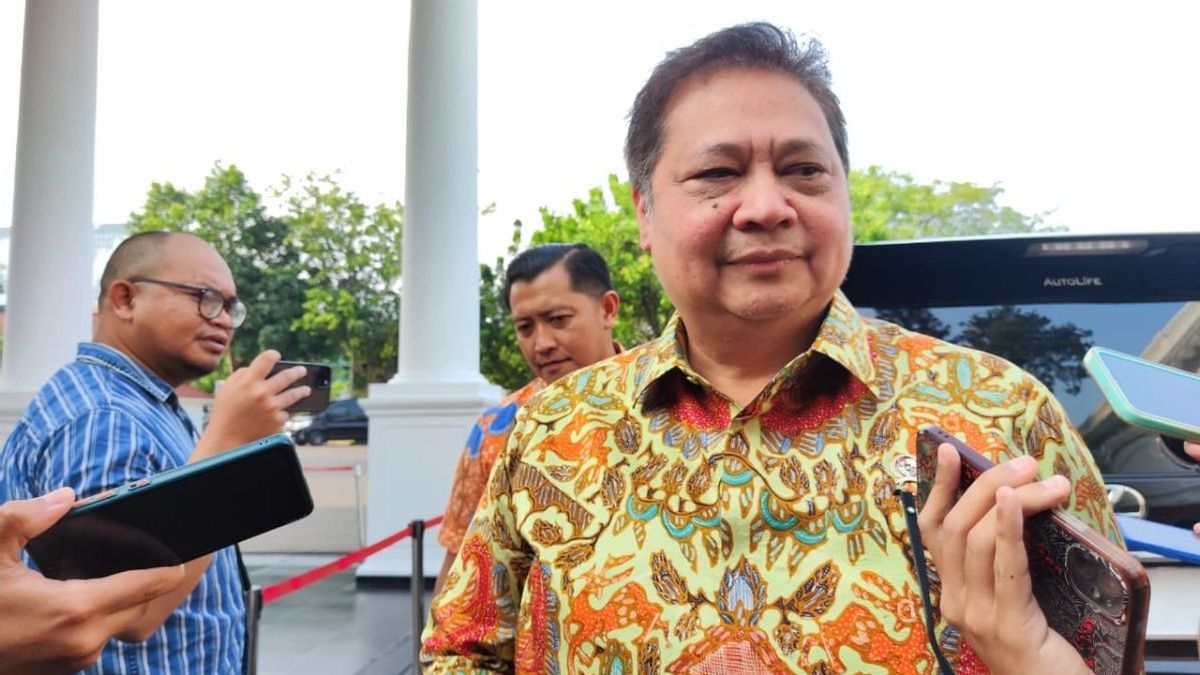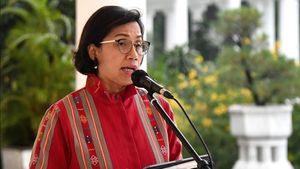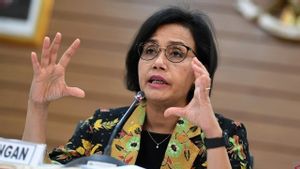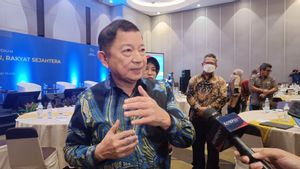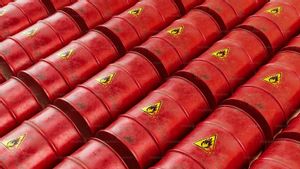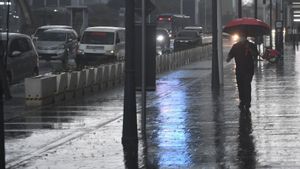Coordinating Minister for Economic Affairs (Menko Perekonomian) Airlangga Hartarto said that the long-term implementation of the green economy in Indonesia will stabilize economic growth above 6 percent until 2045.
"Earlier, the Minister of National Development Planning/Head of Bappenas, Mr. Suharso Monoarfa, the target for future economic growth is 6-7 percent towards Indonesia Gold 2045. We can not only depend on the ground economy, but we must start building a circular and green economy", said Airlangga in his remarks online at the Green Economy Expo 2024: Advancing Technology, Innovation and Circulation at the Jakarta Convention Center (JCC), Central Jakarta, Wednesday, July 3.
Airlangga said that the implementation of the green economy also balances the social and environmental economic aspects.
This is in line with the SDG's Paris Agreement target and in accordance with Indonesia Gold's 2045 vision and Net Zero Emissions (NZE) target in 2060.
In addition, he said, the benefits that can be obtained from the implementation of a green economy are the reduction of 86 metric tons of carbon at the equivalent to 2060 and the creation of more than 4.4 million jobs per year.
"For this reason, it is very appropriate that this green economy is important (implemented in Indonesia) so that we can be on par with developed countries and escape from the middle income trap," he said.
Thus, Airlangga said, Indonesia has two opportunities in the development of a green economy.
The first opportunity is that Indonesia's economic activity in the energy sector is currently focused on transitioning to new and renewable energy (EBT).
So that the transition effort is carried out through the application of solar energy, wind, water or hydro and biomass.
According to Airlangga, Indonesia's current energy policy is directed at reducing carbon emissions from Steam Power Plants (PLTU) through a combination of ammonia and Carbon Capture Storage (CCS).
"Furthermore, the EV e-mobility ecosystem needs to be encouraged and this of course reduces greenhouse gases (GHG) due to fuel burning," he said.
Then, Indonesia's second chance is the birth of new economic growth from various circular economic activities, including natural resource-based industries (SDA) that are sustainable to the blue economy.
He said the development of 22 Special Economic Zones (SEZs) was also one of the efforts to develop circular economic principles that could bring in green investment.
SEE ALSO:
Airlangga said that the impact of green economy innovation can also be felt by micro, small and medium enterprises (MSMEs), which are currently 22.5 million, have been digitized.
"It is hoped that it can continue to develop its business with assistance and funding, so that it can become a middle or even large-class business," he added.
The English, Chinese, Japanese, Arabic, and French versions are automatically generated by the AI. So there may still be inaccuracies in translating, please always see Indonesian as our main language. (system supported by DigitalSiber.id)
